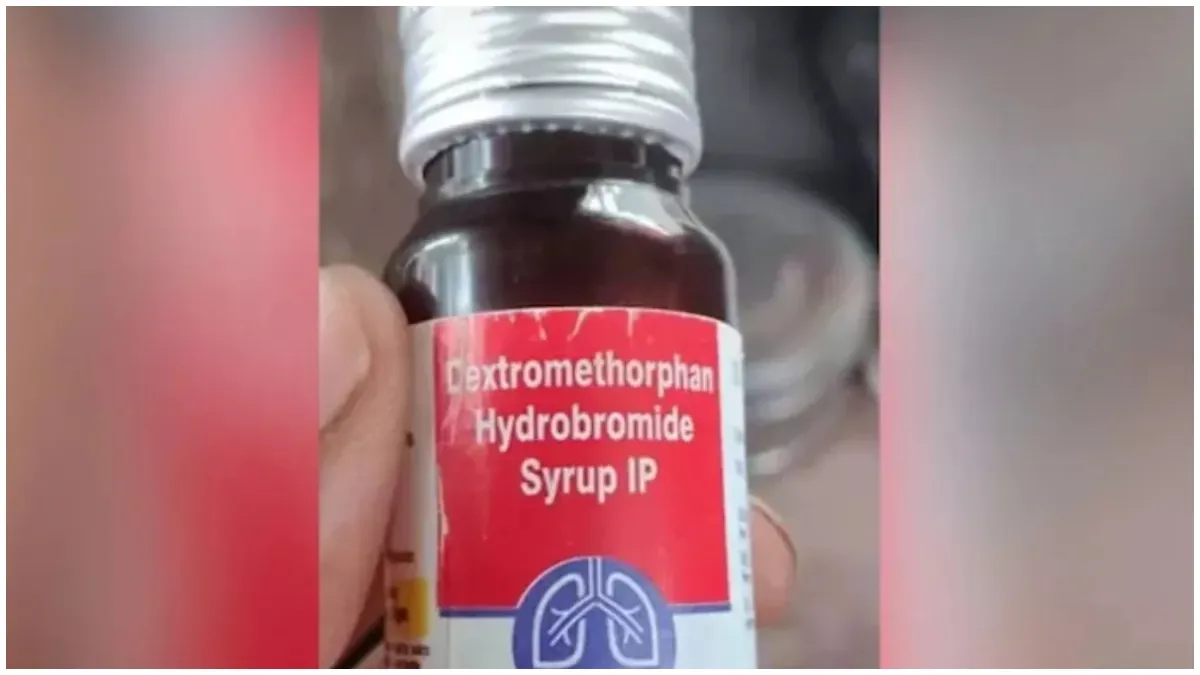- By Shubham Bajpai
- Fri, 03 Oct 2025 07:56 PM (IST)
- Source:JND
The Directorate of General Health Services (DGHS), the apex technical advisory and regulatory body of healthcare under the Union Ministry of Health and Family Welfare (MHFW), on Friday issued an advisory on the rational use of cough syrups for children. The DGFS has advised against the use of such syrups for the paediatric population below two years of age.
The advisory stated that the cough syrups are generally not recommended for children below 5 years of age. For other paediatric populations too, it should have "careful clinical evaluation with close supervision and strict adherence to appropriate dosing", while ensuring the shortest effective duration and avoiding drug combinations.
"Cough and cold medications should not be prescribed or dispensed to children under 2 years. These are generally not recommended for ages below 5 years and above that, any use should follow careful clinical evaluation with close supervision and strict adherence to appropriate dosing, the shortest effective duration and avoiding multiple drugs combinations. Further, the public may also be sensitized regarding adherence to prescription by the Doctors", DGHS said in an advisory.
The advisory has been issued after the reports of nine children's deaths in Madhya Pradesh's Chhindwara. An investigation was launched and cough syrup samples from the hospital were tested by an expert team after children suffered from kidney problems, colds, coughs, and fevers.
Accordingly, the Chhindwara district administration had prohibited the sale of cough syrups named, Coldrif and Nesto DS until test reports were made available on any possibility of contaminants.
Earlier, the MHFW mentioned that no trace of Diethylene Glycol (DEG), Ethylene Glycol (EG) or other contaminants were found in the samples tested.
"As per the test results, none of the samples contained Diethylene Glycol (DEG) or Ethylene Glycol (EG), contaminants that are known to cause serious kidney injury," an official statement read.

